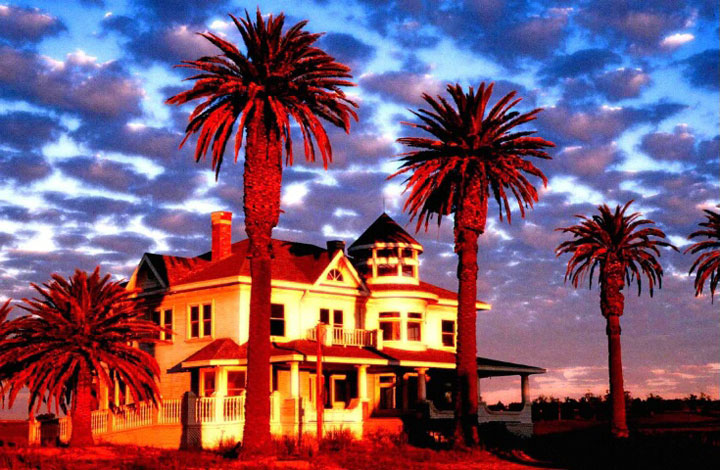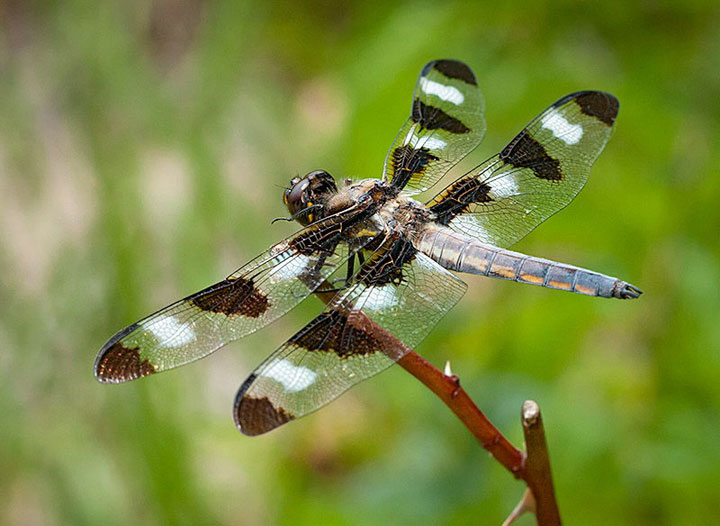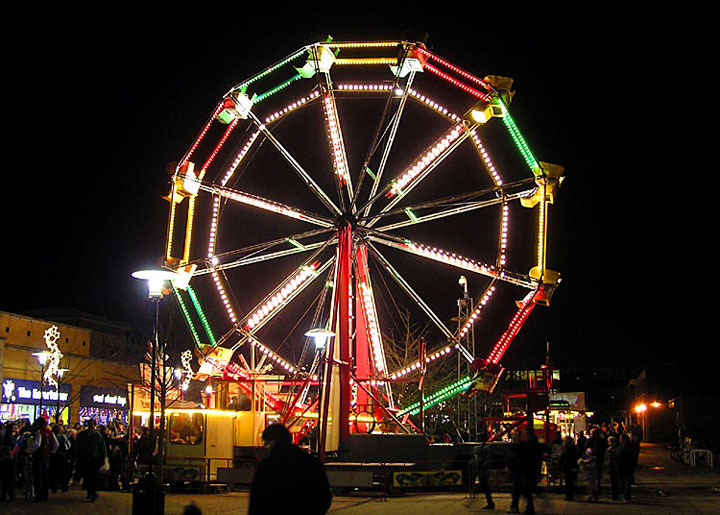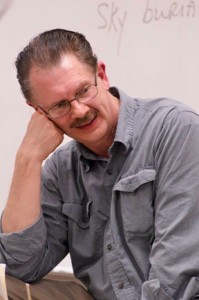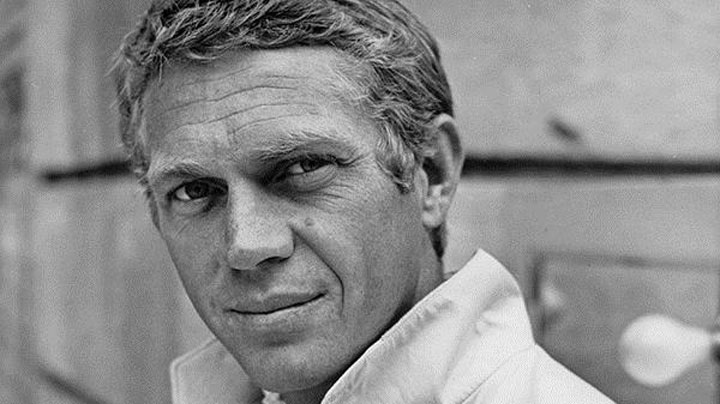This ghost-gray backseat is warm; with the top
down, I’m lying in sunlight. Troughs of shadow
slowly fill with that light. The car ride is a biscuit.
And now My Driver is reaching between the seats
to pat the furred crown of my head. A season ago,
I prized snowdrifts in denuded Iowa neighborhoods.
Worshipped the Yet to Come like gift-bites of steak.
These days My Driver sleeps downstairs on a couch
so he can find shoes and shepherd me into the dim.
His dawn-voice is a dish of ice cream all my own.
Lowering myself onto grass to water it yet again
is a sweep of misery I’m used to. This morning,
I couldn’t stand. Forelegs were willing but unable
then not even willing. The stuffed bear is with me.
I smell him, the bear. A blanket I was lifted from.
In the car like this, air is a bruising tenderness.
Regardless, I’m my animal body. I’m what fails
after trying. Now I’m cradled. Placed on a table.
Around me, eyes are stones then stones that weep.
For a little while I was in the grief-long moment—
big-pawed, a tongue papery with thirst, squinting
to see who was keeping me so long in the world
